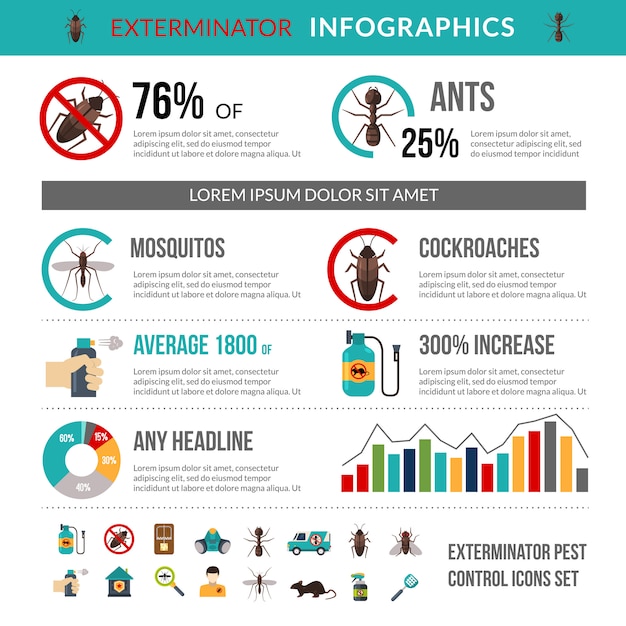Taking Care Of Rodent Infestations: Insights Into Rodent Psychology
Taking Care Of Rodent Infestations: Insights Into Rodent Psychology
Blog Article
Short Article By-Lorenzen Nyborg
When it pertains to rodent control, comprehending typical rodent actions is crucial to properly managing problems. Did you recognize that rats have some fascinating nesting habits that might stun you? By exploring their elaborate actions, you can acquire valuable insights into exactly how to deal with rodent problems in a more tactical and effective manner. So, allow's unwind the secrets behind these animals' actions and find out exactly how to outmaneuver them in your rodent control efforts.
Rodent Nesting Behaviors
When observing rodents in their all-natural habitat, you'll discover that they proactively look for materials to construct their nests. Rats, such as computer mice and rats, are resourceful animals that utilize a selection of things like twigs, leaves, paper, and material to develop their homes. They're precise in their nest-building process, often lining their nests with softer materials like hair or feathers to create a comfortable environment.
cockroach treatment choose to build their nests in hidden and safe and secure locations to safeguard themselves and their young from predators. Typical nesting areas consist of wall cavities, attics, cellars, and even within insulation products. By building their nests in these private locations, rats can securely elevate their offspring far from possible threats.
It is important to comprehend the nesting practices of rats when executing control measures. By interrupting their nests or getting rid of materials, you can prevent rodents from developing a presence in your home or residential or commercial property. Correct cleanliness and sealing off entrance factors are also crucial steps in stopping rodent infestations.
Rodent Feeding Patterns
After observing rodents' nesting habits, it comes to be evident that their feeding patterns play a critical duty in their daily lives and behaviors. Rats, consisting of computer mice and rats, are opportunistic feeders, meaning they'll eat whatever food resource is conveniently available. They're primarily nocturnal animals, preferring to forage for food throughout the cover of evening to avoid killers.
Rodents have a diverse diet regimen, ranging from grains, seeds, fruits, and veggies to pests, nuts, and also small animals. This versatility in their food selections enables them to flourish in various environments, including urban areas where human food resources are plentiful.
natural ant killer for kitchen feeding patterns aren't just driven by cravings but also by the requirement to accumulate food for times of deficiency. This habits is especially obvious in preparation for cold weather or when nesting. Rats are recognized to hoard food in their nests or burrows, making sure a constant food supply. Recognizing their feeding patterns is crucial in carrying out effective rodent control steps to disrupt their food sources and stop problems.
Rat Activity and Travel
Rodents browse their surroundings with agility and stealth, using their eager detects to relocate swiftly via their atmospheres. These animals are adept climbers, able to range walls and upright surface areas effortlessly. They can additionally squeeze via remarkably tiny openings, making it crucial to seal any kind of prospective entry points in your home.
When it concerns taking a trip, rodents often tend to comply with acquainted courses, creating tracks along wall surfaces or skirting the edges of rooms. They're creatures of habit, often sticking to these established paths as they forage for food or discover their surroundings.
Rats are recognized for their nocturnal practices, so you might hear them hurrying around in the evening as they look for food and water. Their movements are quick and erratic, enabling them to dart in and out of sight in the blink of an eye.
Understanding how rodents move and travel can aid you recognize prospective infestation locations in your home and take proactive actions to prevent these parasites from obtaining a grip.
Conclusion
As you work to manage rats in your house, remember that recognizing their habits is vital. By identifying their nesting habits, feeding patterns, and movement, you can efficiently prevent invasions.
Coincidentally, by taking aggressive actions to eliminate food resources and seal off entry factors, you can disrupt their familiar paths and compel them to look for new locations, inevitably decreasing the possibility of rodent presence in your home.
